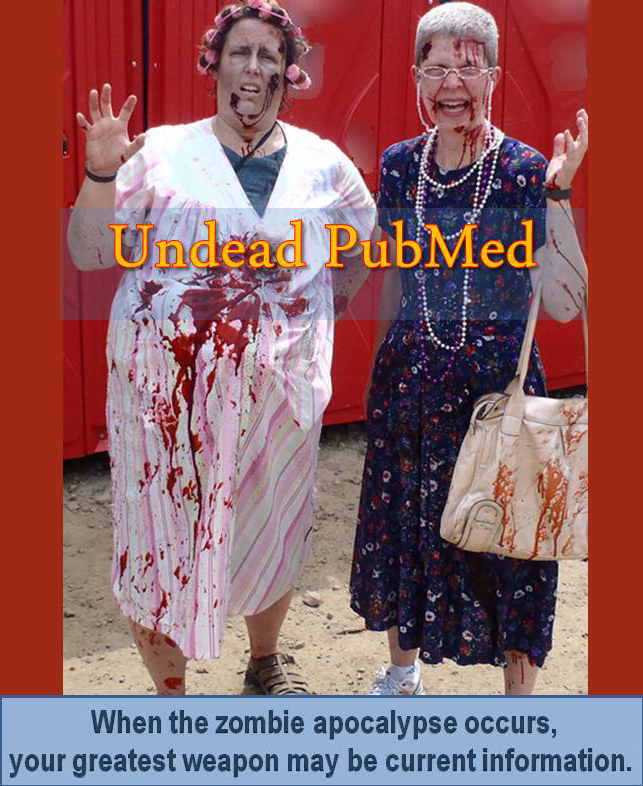Community-spread Staphylococcus infections, the overuse of antibiotics, and other microbial threats to health all make the topic of infectious diseases (ID) important both nationally and globally. One organization promulgating practice guidelines for the diagnosis and treatment of these conditions is the Infectious Diseases Society of America (IDSA) located in Arlington, Virginia.
Recently, IDSA selected HSLS for literature search assistance to meet the ever increasing standards in guideline development [IOM, GRADE, PRISMA] and to ensure a comprehensive systematic search for the evidence to support each of their guidelines.
Two HSLS librarians, Charlie Wessel and Michele Klein-Fedyshin, work closely with IDSA and their guideline panels to design the search strategies, conduct the literature searches that reinforce their guidelines’ recommendations, and deliver search results to panel committee members throughout North America.
During a recent meeting with the IDSA Standards and Practice Guidelines staff in Arlington, Klein-Fedyshin and Wessel developed several documents to enhance the efficiency of the literature review process for guideline development. IDSA, along with both librarians’ input, formulated a Literature Search Process algorithm, while the librarians also contributed a Guideline Elements Form and a PICO Elements Form to help define the guideline and individual associated clinical questions in a format suitable for searching. This mutually beneficial collaboration is an ongoing project demonstrating how an interdisciplinary team involving medical librarians can advance knowledge translation.
~ Michele Klein-Fedyshin and Charlie Wessel
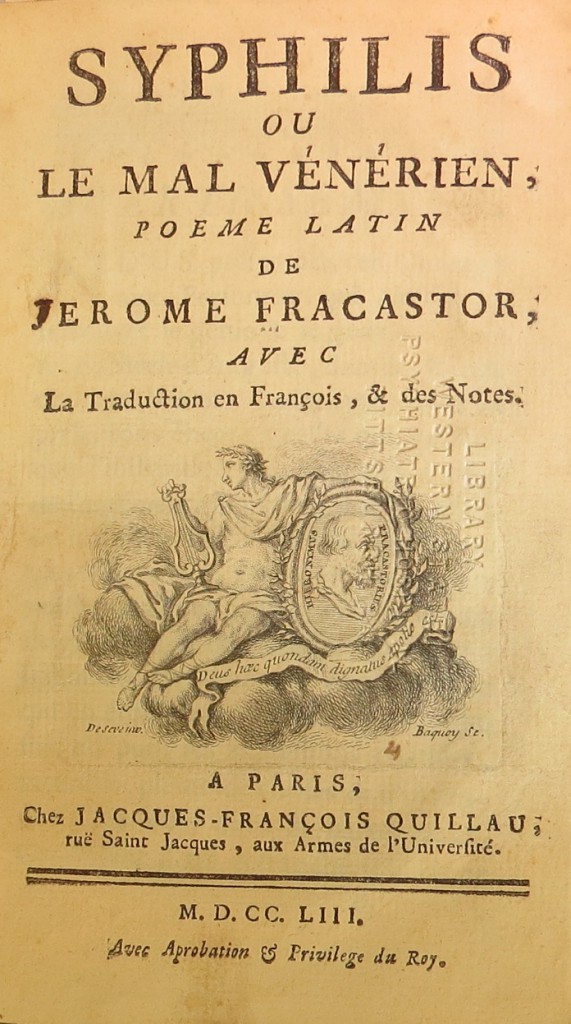 Syphilis ou le mal vénérien: Poeme Latin de Jerome Fracastor avec la traduction en François & des notes [Syphilis, or the venereal disease: the Latin poem of Girolamo Fracastoro with French translation & notes]. Paris, 1753
Syphilis ou le mal vénérien: Poeme Latin de Jerome Fracastor avec la traduction en François & des notes [Syphilis, or the venereal disease: the Latin poem of Girolamo Fracastoro with French translation & notes]. Paris, 1753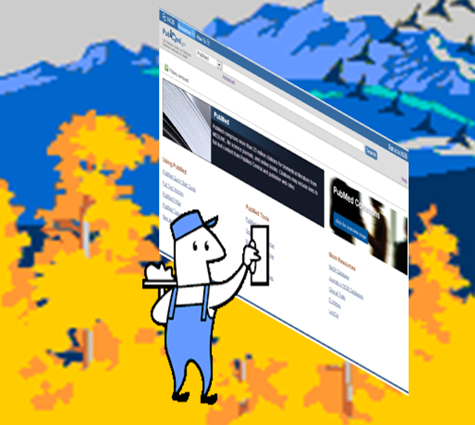 The answer is simple and yet complex.
The answer is simple and yet complex.

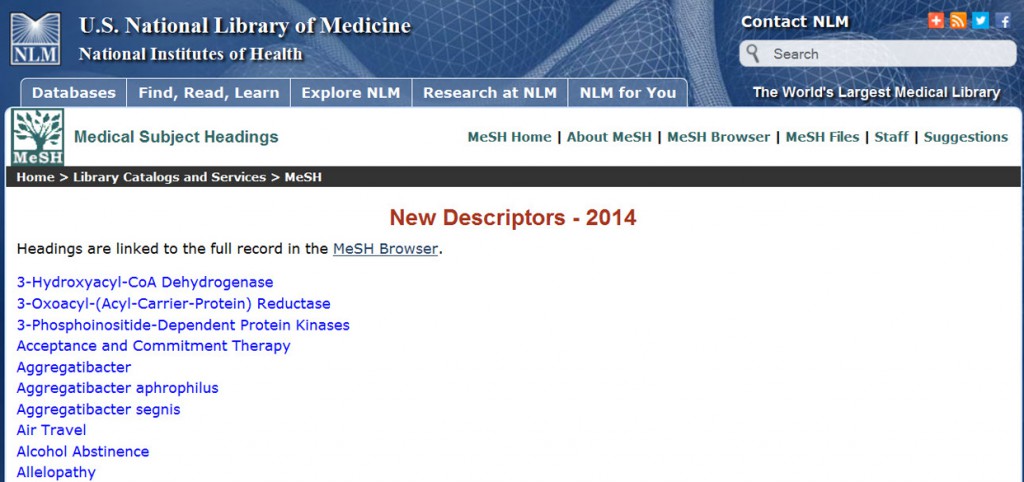

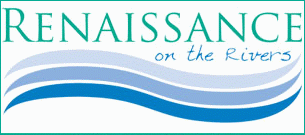
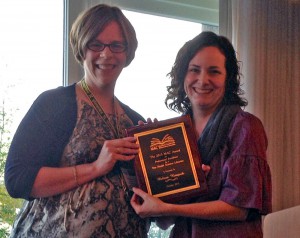
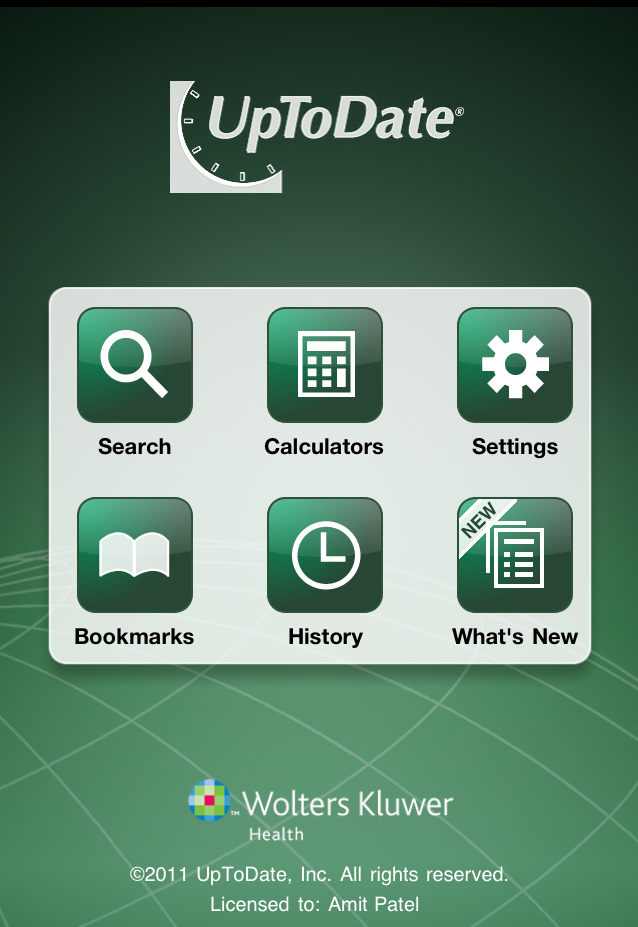 The Search feature is the meat of the UpToDate Mobile App and allows you to search by topic, including diseases, drugs, or procedures. You can limit search results to “All search results,” “Prioritize adult topics,” “Prioritize pediatric topics,” and “Prioritize patient topics.” The Outline feature allows you to quickly navigate to a particular section of a topic.
The Search feature is the meat of the UpToDate Mobile App and allows you to search by topic, including diseases, drugs, or procedures. You can limit search results to “All search results,” “Prioritize adult topics,” “Prioritize pediatric topics,” and “Prioritize patient topics.” The Outline feature allows you to quickly navigate to a particular section of a topic.